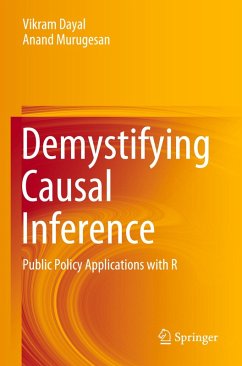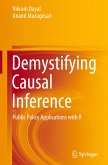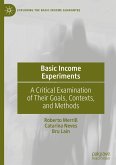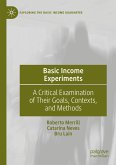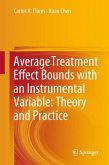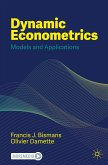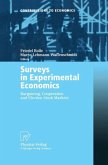This book provides an accessible introduction to causal inference and data analysis with R, specifically for a public policy audience. It aims to demystify these topics by presenting them through practical policy examples from a range of disciplines. It provides a hands-on approach to working with data in R using the popular tidyverse package. High quality R packages for specific causal inference techniques like ggdag, Matching, rdrobust, dosearch etc. are used in the book.
The book is in two parts. The first part begins with a detailed narrative about John Snow's heroic investigations into the cause of cholera. The chapters that follow cover basic elements of R, regression, and an introduction to causality using the potential outcomes framework and causal graphs. The second part covers specific causal inference methods, including experiments, matching, panel data, difference-in-differences, regression discontinuity design, instrumental variables and meta-analysis, with the help of empirical case studies of policy issues.
The book adopts a layered approach that makes it accessible and intuitive, using helpful concepts, applications, simulation, and data graphs. Many public policy questions are inherently causal, such as the effect of a policy on a particular outcome. Hence, the book would not only be of interest to students in public policy and executive education, but also to anyone interested in analysing data for application to public policy.
The book is in two parts. The first part begins with a detailed narrative about John Snow's heroic investigations into the cause of cholera. The chapters that follow cover basic elements of R, regression, and an introduction to causality using the potential outcomes framework and causal graphs. The second part covers specific causal inference methods, including experiments, matching, panel data, difference-in-differences, regression discontinuity design, instrumental variables and meta-analysis, with the help of empirical case studies of policy issues.
The book adopts a layered approach that makes it accessible and intuitive, using helpful concepts, applications, simulation, and data graphs. Many public policy questions are inherently causal, such as the effect of a policy on a particular outcome. Hence, the book would not only be of interest to students in public policy and executive education, but also to anyone interested in analysing data for application to public policy.

